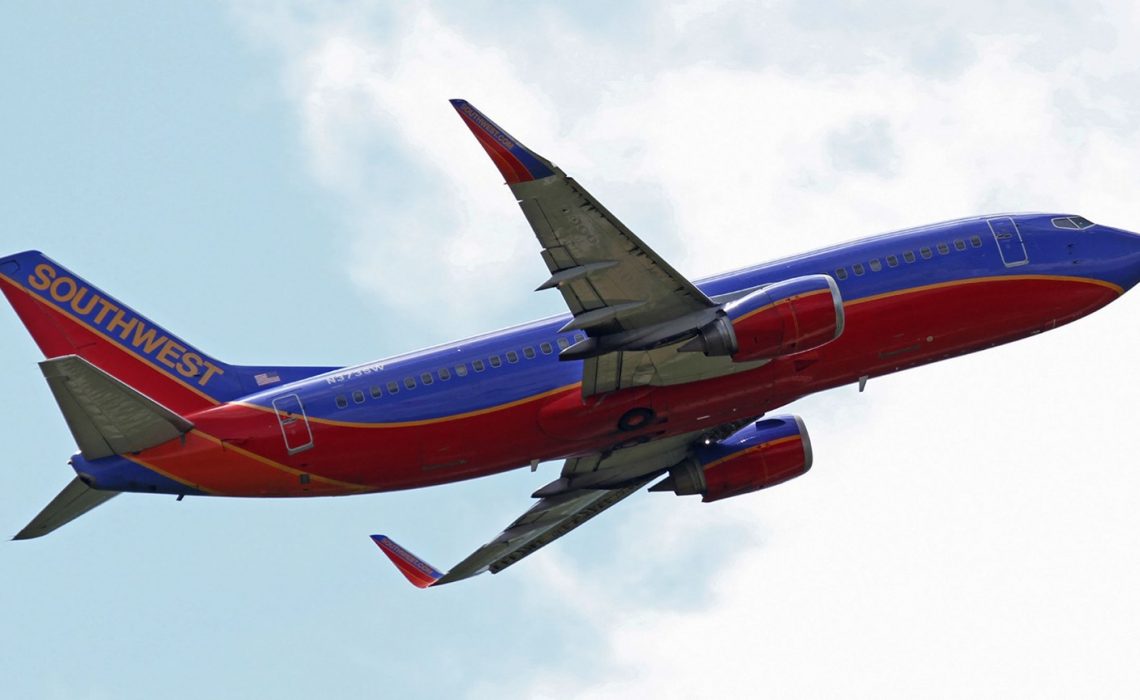
You might also like:
Last April, as the entire U.S. airline industry dealt with the fallout from the much-publicized violent removal of passenger David Dao from a United Express fight, Southwest Airlines said it would put a halt to overbooking by the end of June.
But although the airline asserts that it has stopped overbooking flights at the point of sale, Southwest still involuntarily denied boarding to 1,601 passengers during the fourth quarter of last year, approximately four times more than any of the 11 other carriers that the U.S. Department of Transportation (DOT) tracks in its Air Travel Consumer Report.
The carrier’s resulting ratio for involuntary boarding denials was nevertheless a scant 0.4 for every 10,000 passengers, but that was the third highest among the 12 airlines on the list, behind only ultralow-cost carriers Spirit and Frontier.
By comparison, United involuntarily denied boarding to just 44 passengers in the fourth quarter. Delta involuntarily denied boarding to just 10.
In an emailed statement to Travel Weekly, a Southwest spokesman explained that while it doesn’t overbook flights for sale anymore, it does sometimes overbook for operational reasons. For example, the carrier might need to overbook a flight to ensure that minors reach their destination.
“Another example might be: We have a plane that goes out of service in an international location and the scheduled crew’s duty time expires. Then, we might need to fly another crew to the destination to get the flight/customers out. In the prior situation, we might need to overbook a flight to get the new crew to the stranded flight,” the spokesman said.
He noted that last year Southwest had its lowest denied-boarding rate in decades. The denied-boarding ratio for the carrier was down by exactly half during the fourth quarter compared with a U.S. industrywide drop of 67%, according to the DOT.
While Southwest had more involuntary boarding denials than its competitors who haven’t put an end to overbooking, the number of passengers who voluntarily got off a Southwest flight due to a lack of seats in the fourth quarter was far lower than those competitors.
Southwest recorded 4,393 voluntary boarding denials during that period, according to the DOT, compared to 24,793 for Delta, 8,483 for United and 14,215 for American.
Those higher voluntary-denial figures at the three legacy carriers likely reflect that they continue to overbook at the point of the sale. But those carriers’ lower involuntary-denied figures could be suggestive of their greater willingness to pay passengers large sums to give up a seat.
Last spring, both Delta and United announced that they would pay up to $10,000 to entice passengers to give up their seats in cases of overbooked planes. SWA declined to say how much it will pay to avoid involuntary bumpings.
Under federal law, passengers are entitled to up to $1,350 when they are involuntarily bumped from a flight — depending on the cost of their ticket and the length of their delay.
Source: travelweekly.com
